Garage Doors Are In Demand Globally. Here's Why.
The modern garage door market is a reflection of the dynamic changes in architectural preferences, technological innovations, and economic conditions. By analyzing current trends and drivers, we will present a comprehensive view of why garage doors are becoming an essential element of both residential and commercial infrastructures. From smart technologies to environmental concerns, multiple factors are contributing to this burgeoning demand. This analysis offers insights that are crucial for industry stakeholders, homeowners, and policymakers alike.
Increasing Residential Construction
The global population is increasingly urbanizing, leading to a significant boom in residential construction within urban areas. Cities are expanding their housing capacities to accommodate growing populations, and garage doors are a key component in these new developments. As urban dwellers seek out accessible and convenient living spaces, the demand for homes with garage amenities continues to rise. This trend is particularly evident in regions experiencing rapid economic development. According to WebFX, residential garage and overhead doors account for over half of all global market sales, emphasizing their prevalence and necessity in housing.
Suburban areas are also expanding as families and individuals seek more spacious and affordable living conditions outside of dense city centers. This expansion is driving the construction of new homes equipped with garages, enhancing the appeal of residential properties. With suburban growth, lifestyle preferences for multiple vehicles are shaping the demand for practical garage designs. As a result, residential garage solutions are becoming a defining feature of suburban communities, balancing both utility and aesthetics in modern home design. Developers also recognize that modern garage spaces add resale value, which makes them an attractive investment for buyers and builders alike.
The rise of smart homes is another contributor to this trend. Smart garage entrances now offer remote access, real-time monitoring, and integration with home automation systems, making them highly attractive to consumers. Homeowners want convenience and peace of mind, and these features provide both. Additionally, modern garages are increasingly used as multifunctional spaces, doubling as gyms, workshops, or storage units. This shift demands garage door systems that provide easy access, insulation, and security. Rising property values also reinforce this demand, as well-equipped garages add significant value to homes in competitive real estate markets.
Advancements in Garage Door Technology
Technology is reshaping the industry, with smart openers becoming mainstream. These allow users to open, close, and monitor doors remotely, giving homeowners more control over security and convenience. Energy efficiency and insulation innovations are also transforming the market, as well-insulated overhead doors reduce energy loss and help regulate indoor comfort. This trend is particularly relevant in regions with extreme temperatures, where efficient garage access points can lower utility costs significantly. Manufacturers are also experimenting with quieter motors and smoother operating systems, which enhance user experience and long-term durability.
Security features are another major area of innovation. Modern garage door systems now come with biometric access, advanced locking systems, and even integration with surveillance cameras. These improvements address growing homeowner concerns about theft and property protection. Furthermore, customization has become a selling point. Consumers are increasingly drawn to doors that match the architecture of their homes, with options for different materials, colors, and window designs. These advancements underscore how garage doors are no longer just functional-they have become central to home design and technology integration. In many cases, they act as a focal point that defines the exterior character of the property.
Rising Automotive Ownership and Storage Needs
Another key factor driving demand is the global increase in vehicle ownership. As households purchase more vehicles, the need for safe, secure storage solutions grows. This has made garages an indispensable part of residential design, and in turn, it has boosted demand for reliable garage doors. The rise of electric vehicles has added another dimension, as many homeowners now require garages equipped with charging stations. Proper insulation and durable doors play an essential role in maintaining efficiency for these installations. For urban planners, this shift highlights how garages are adapting to accommodate sustainable transportation infrastructure.
Vehicle security is also a strong motivator. Homeowners want peace of mind knowing their cars are safe from theft, vandalism, and weather damage. Modern garage entrances with advanced security systems provide this reassurance. Beyond vehicles, garages are being used more creatively, such as workshops or hobby spaces. This requires versatile door designs that support multiple uses. Urbanization further amplifies the need for efficient storage solutions, with compact garage door systems gaining popularity in dense urban areas where space is limited. These multifunctional solutions reinforce the role of modern garage designs as versatile assets in property layouts.
Commercial and Industrial Developments
Beyond residential use, commercial and industrial sectors are fueling growth. Expanding retail spaces require storage and logistics solutions, and commercial garage access points provide secure, efficient entry. In the industrial sector, warehouses and distribution centers are booming due to global trade and e-commerce. These facilities depend on durable doors that can withstand heavy use while supporting safety standards and operational efficiency. Their functionality is vital for supply chain continuity, where even minor delays can disrupt business operations on a large scale.
Security is also a priority in commercial environments. Reinforced garage door systems equipped with access control help protect valuable assets. The growth of e-commerce continues to shape this demand, as warehouses and logistics hubs expand to meet increasing online shopping trends. As companies invest in infrastructure, the importance of advanced doors as part of operational design cannot be overstated. These are not just entry points-they are integral to efficient and secure business operations. Their reliability directly influences productivity, making them a high-priority investment for businesses in competitive markets.
Environmental and Sustainability Concerns
Sustainability is becoming central in construction, and garage doors are included in this shift. Manufacturers are focusing on eco-friendly materials like recycled steel and renewable wood. These sustainable designs reduce environmental impact while appealing to eco-conscious consumers. Energy-efficient residential garage solutions with superior insulation also align with green living standards, helping homeowners lower energy consumption and costs. As green building certifications gain importance, garage entrances that meet eco-criteria are increasingly favored in both residential and commercial projects.
Durability and recyclability are additional considerations. Consumers increasingly prefer products built to last, reducing the need for frequent replacements and minimizing waste. Certification standards and environmental regulations are further shaping the industry, requiring manufacturers to meet benchmarks for safety, efficiency, and eco-friendly production. This emphasis on sustainability ensures that modern garage designs will remain a vital part of environmentally responsible building practices in the years ahead. Long-term, these shifts will also influence how new construction integrates materials and technologies that align with broader climate goals.
Global Economic Trends
Rising disposable income levels worldwide are allowing more homeowners to invest in premium garage doors. In emerging markets, economic growth is driving urban development and new construction, fueling demand for modern garage solutions. Supply chain improvements are also helping, making garage entrances more accessible and affordable across different regions. Global competition among manufacturers has encouraged innovation, which ultimately benefits end consumers with a wider range of choices and price points.
From the rise of residential construction and smart technology integration to the needs of commercial and industrial sectors, garage doors have become an essential component of modern infrastructure. Their evolving designs also reflect growing attention to security, energy efficiency, and sustainability. As industries and households continue to adapt to new economic and environmental realities, the demand for innovative garage door systems will remain a defining feature of future development.

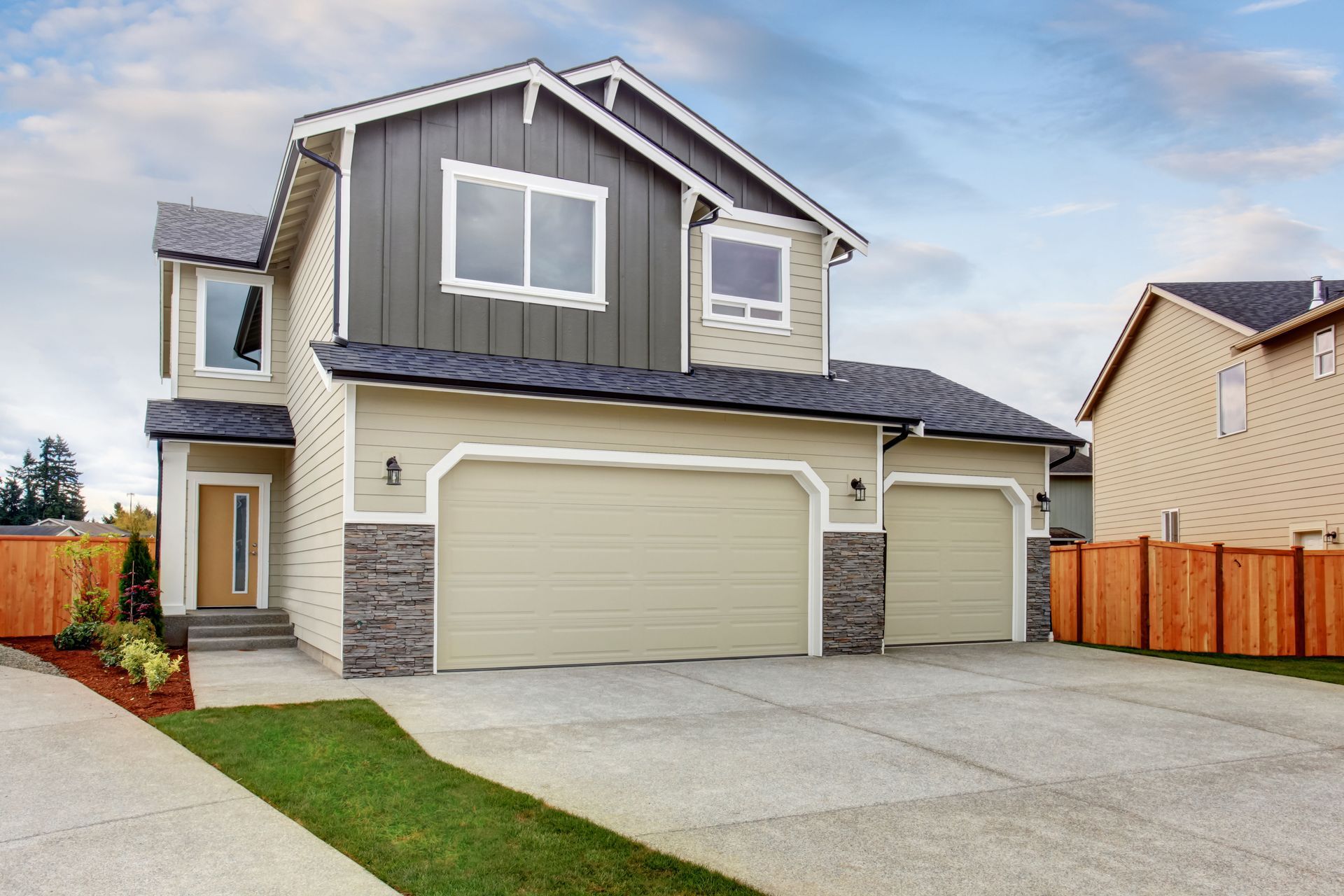
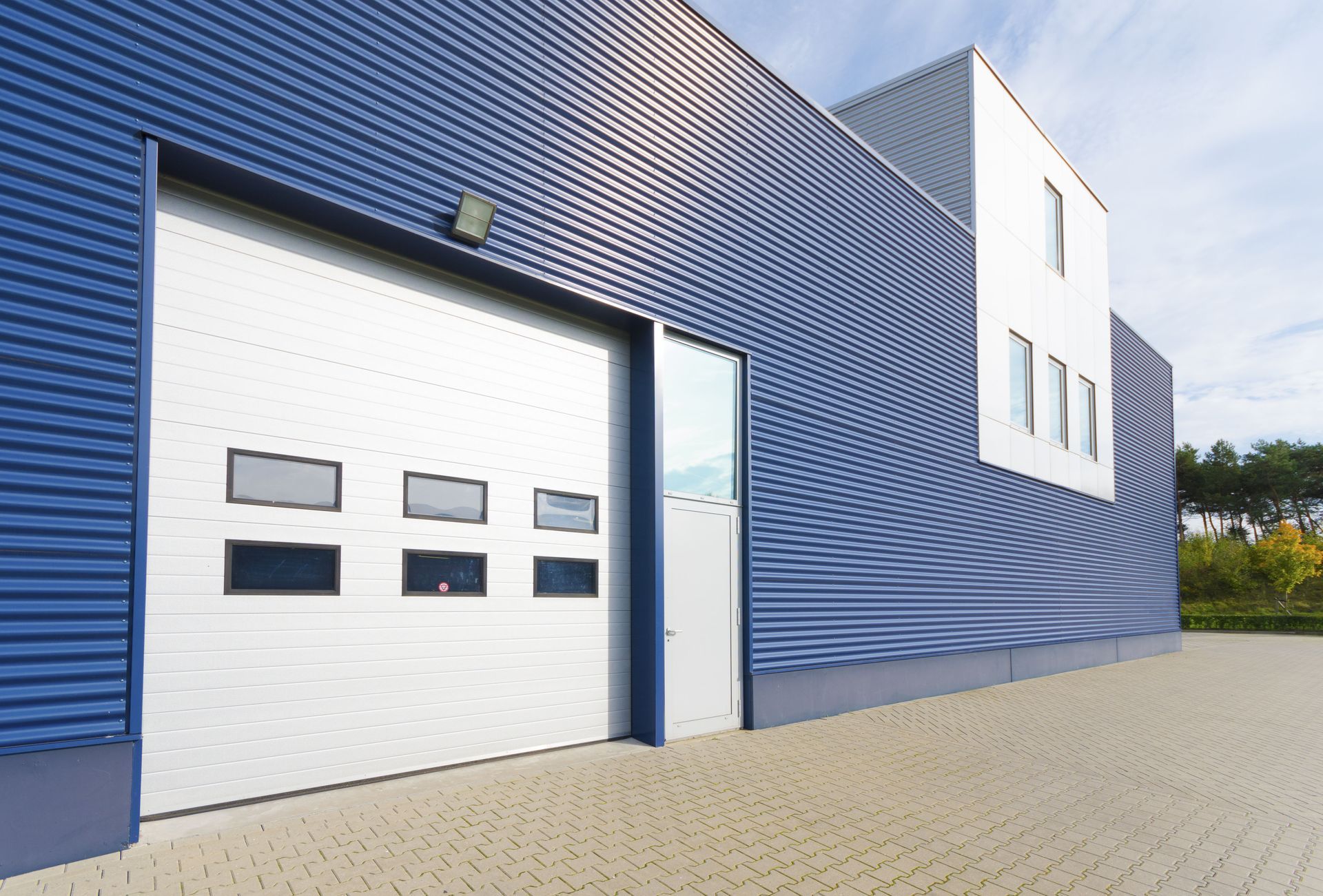

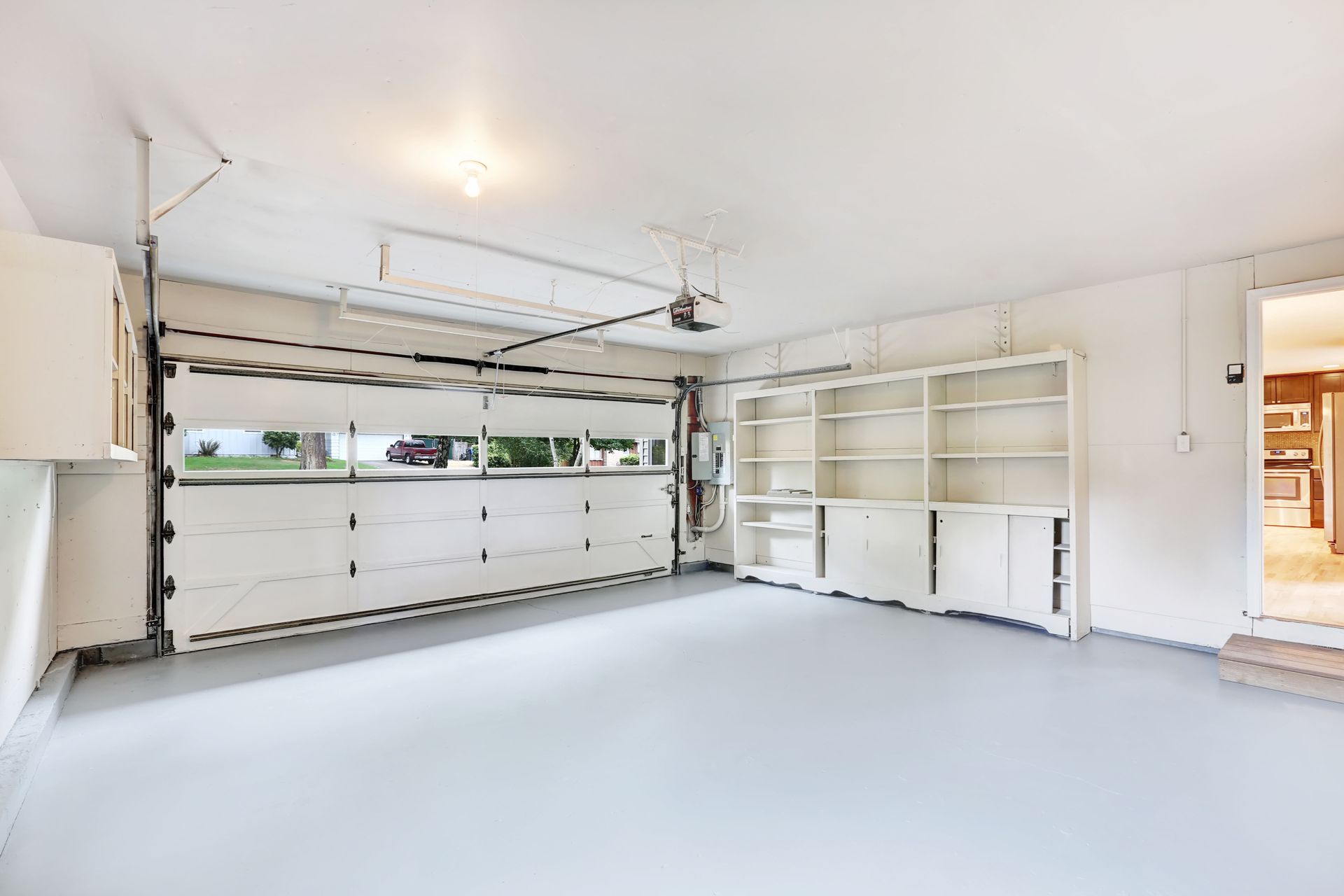
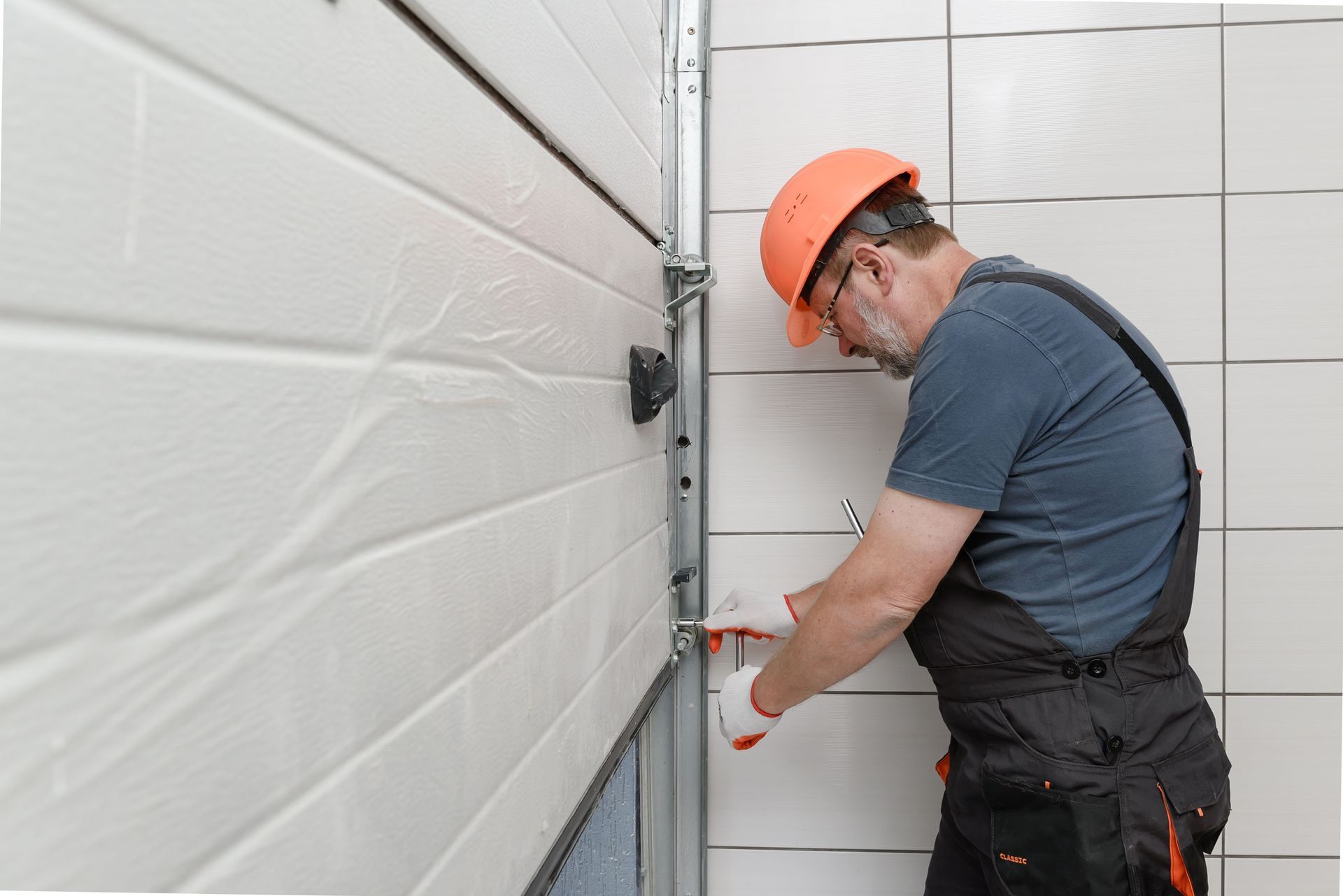
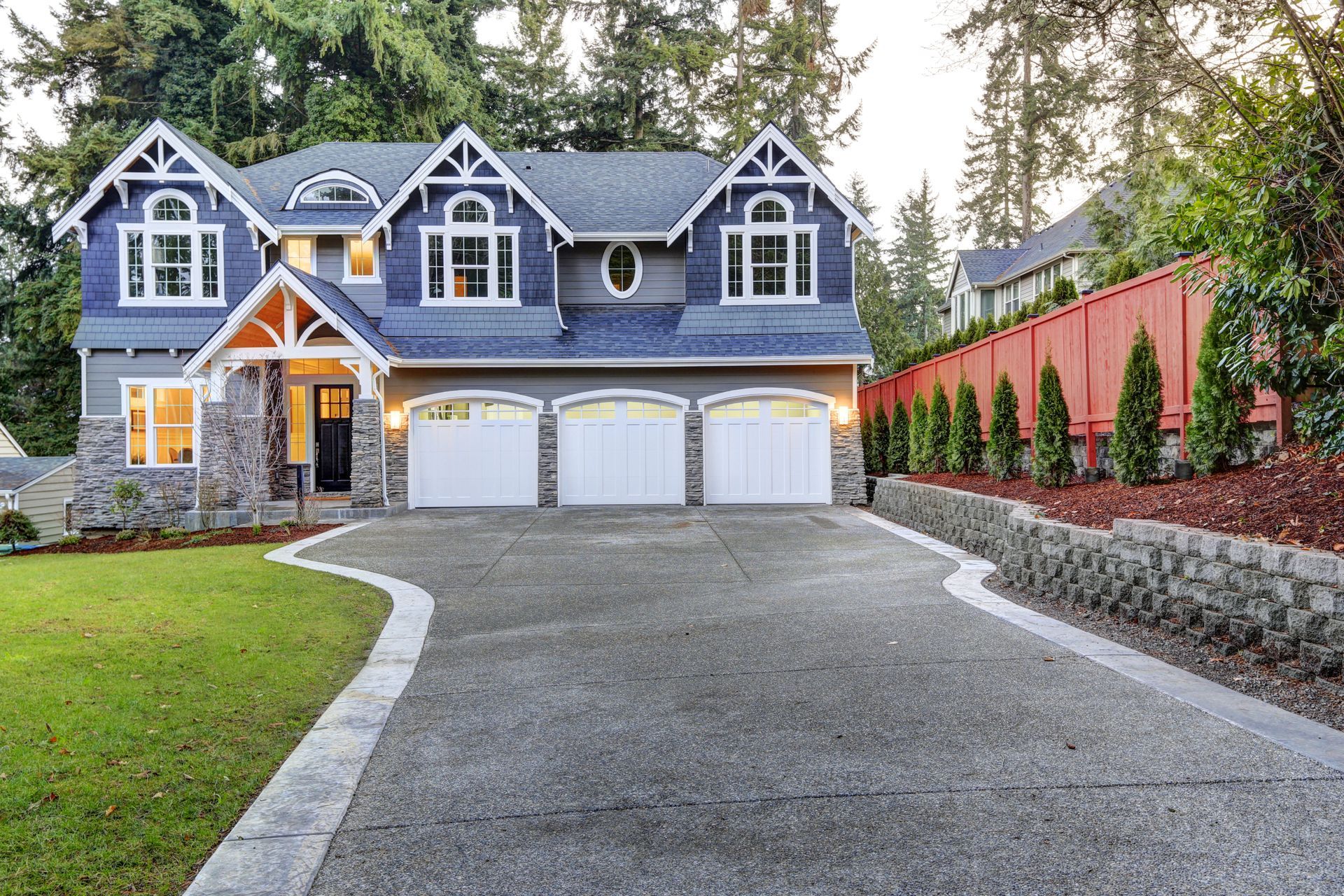
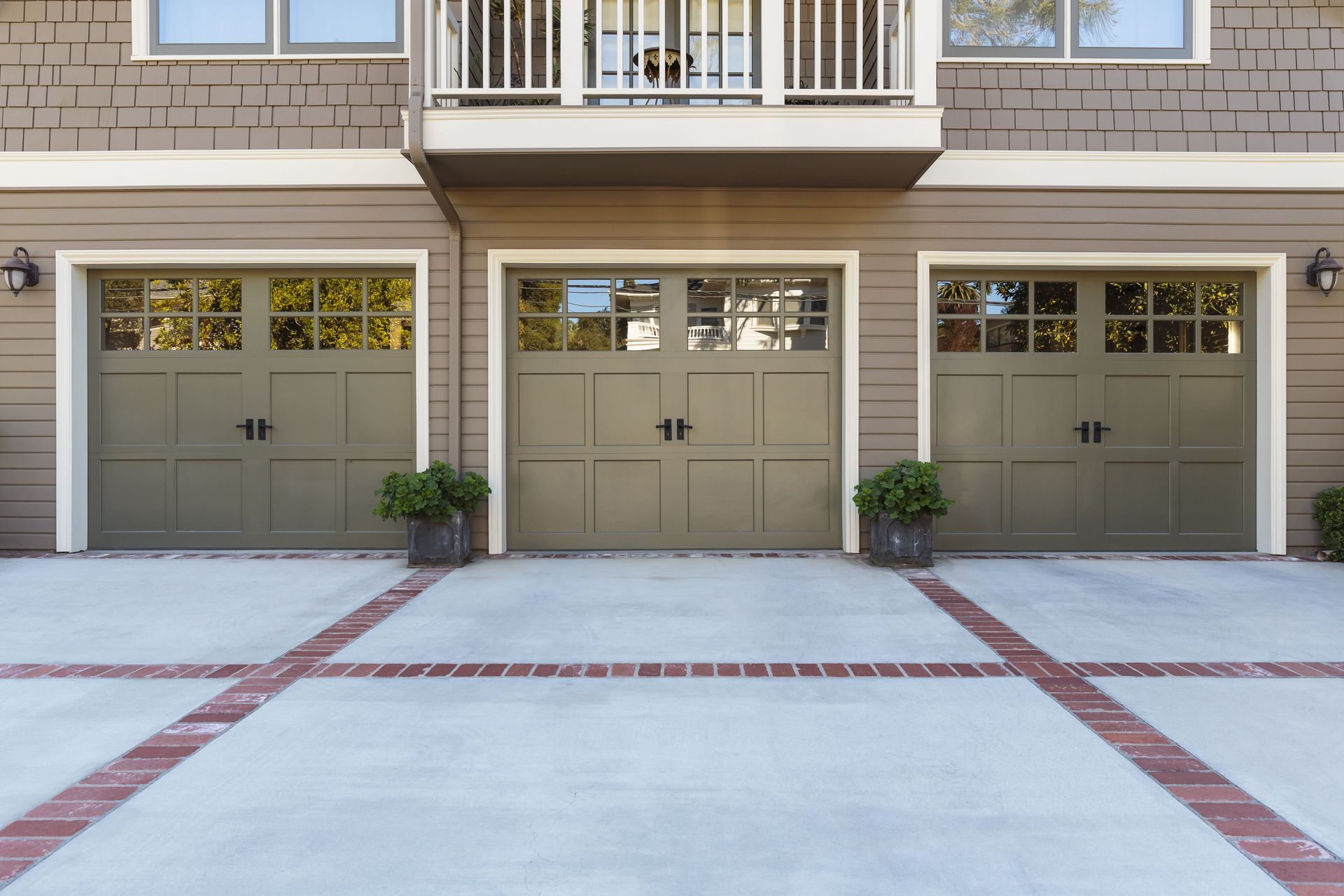
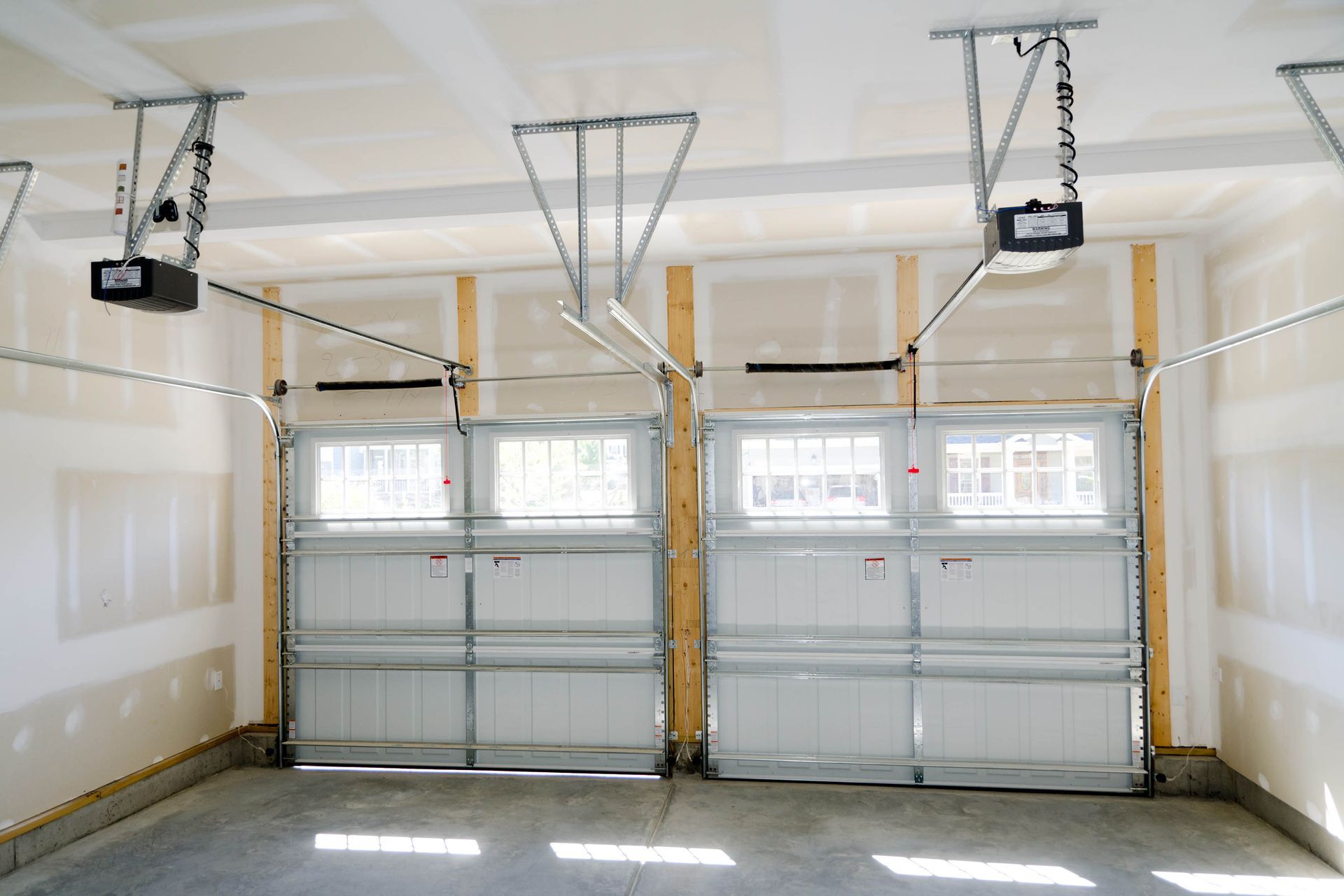
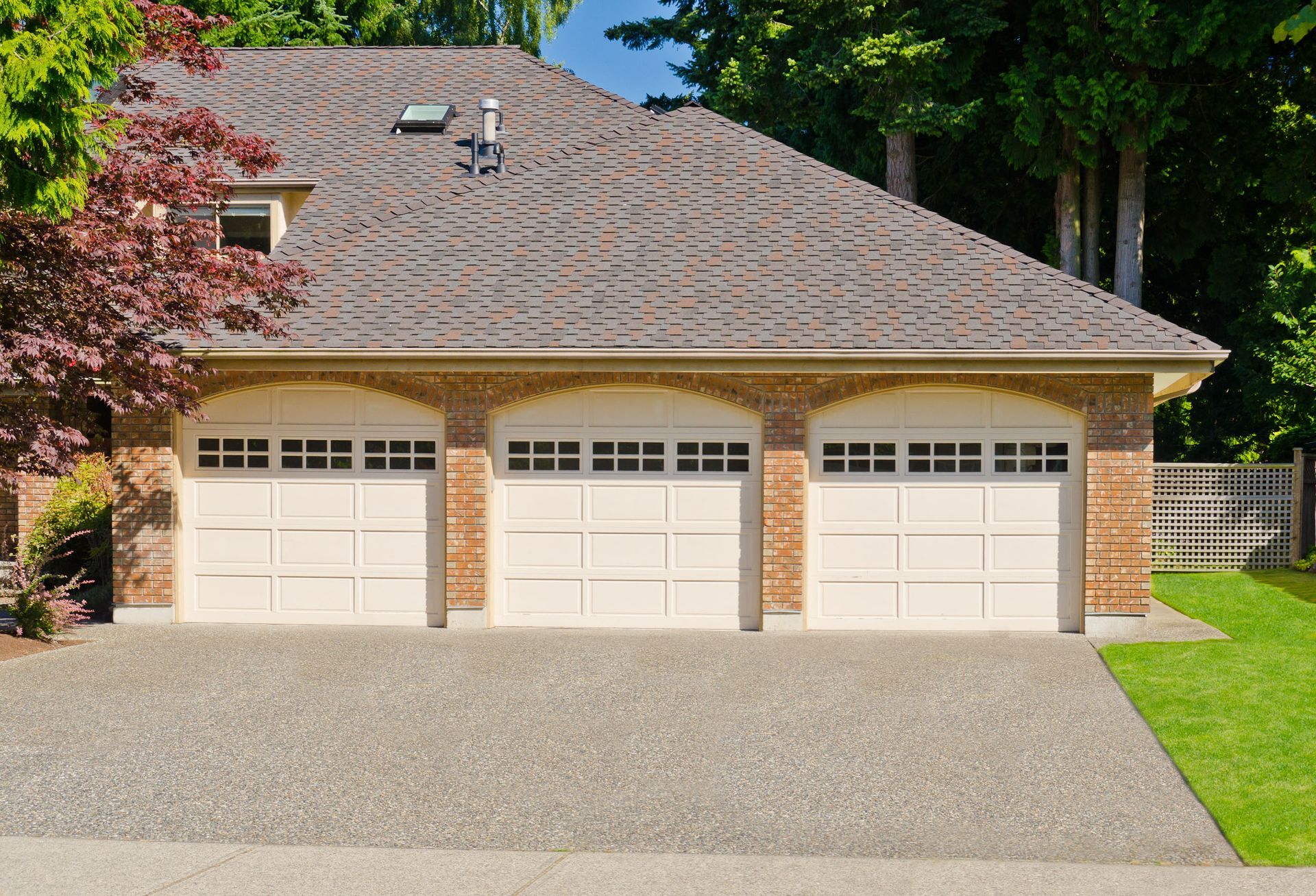
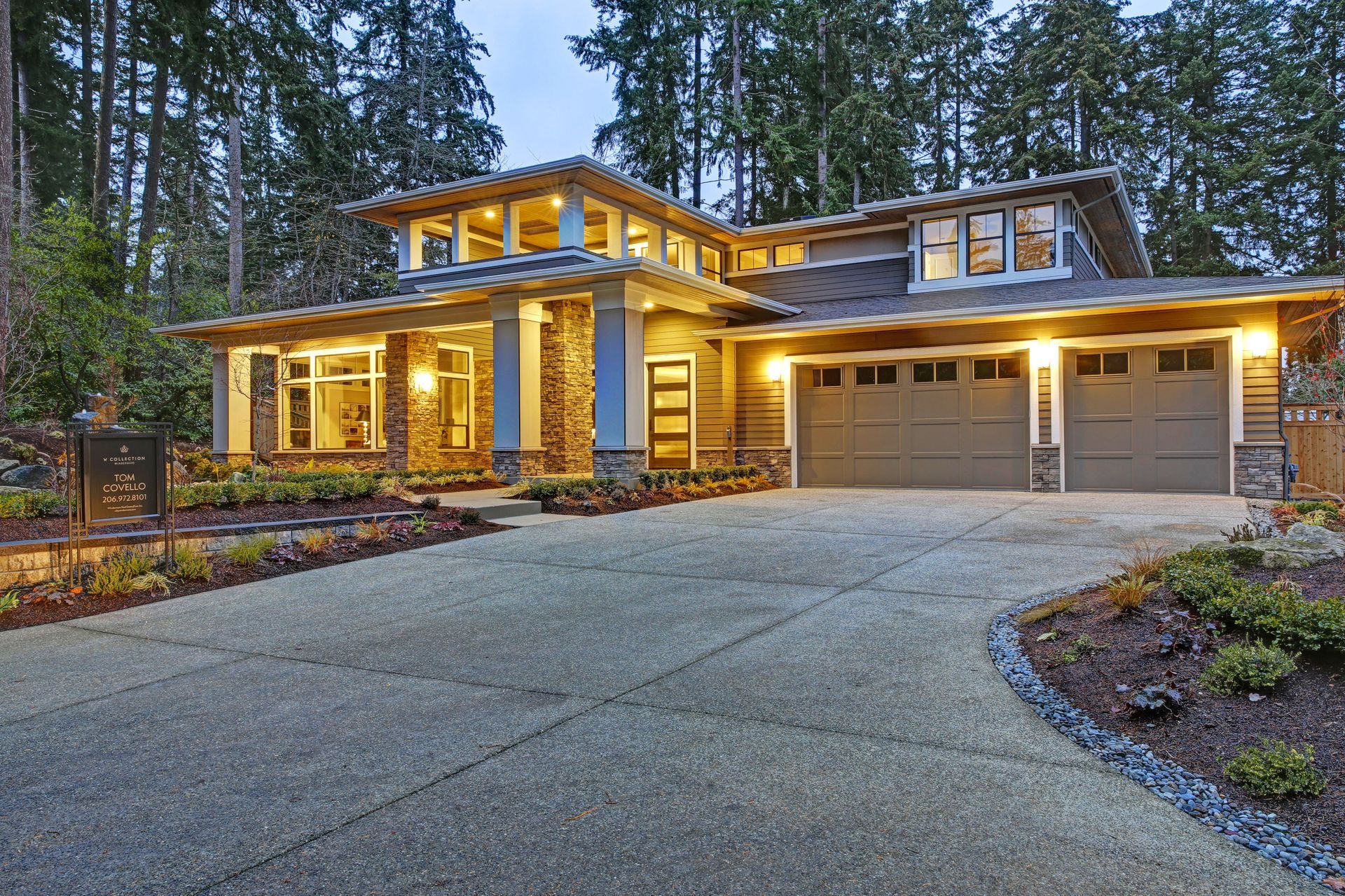
Share On: